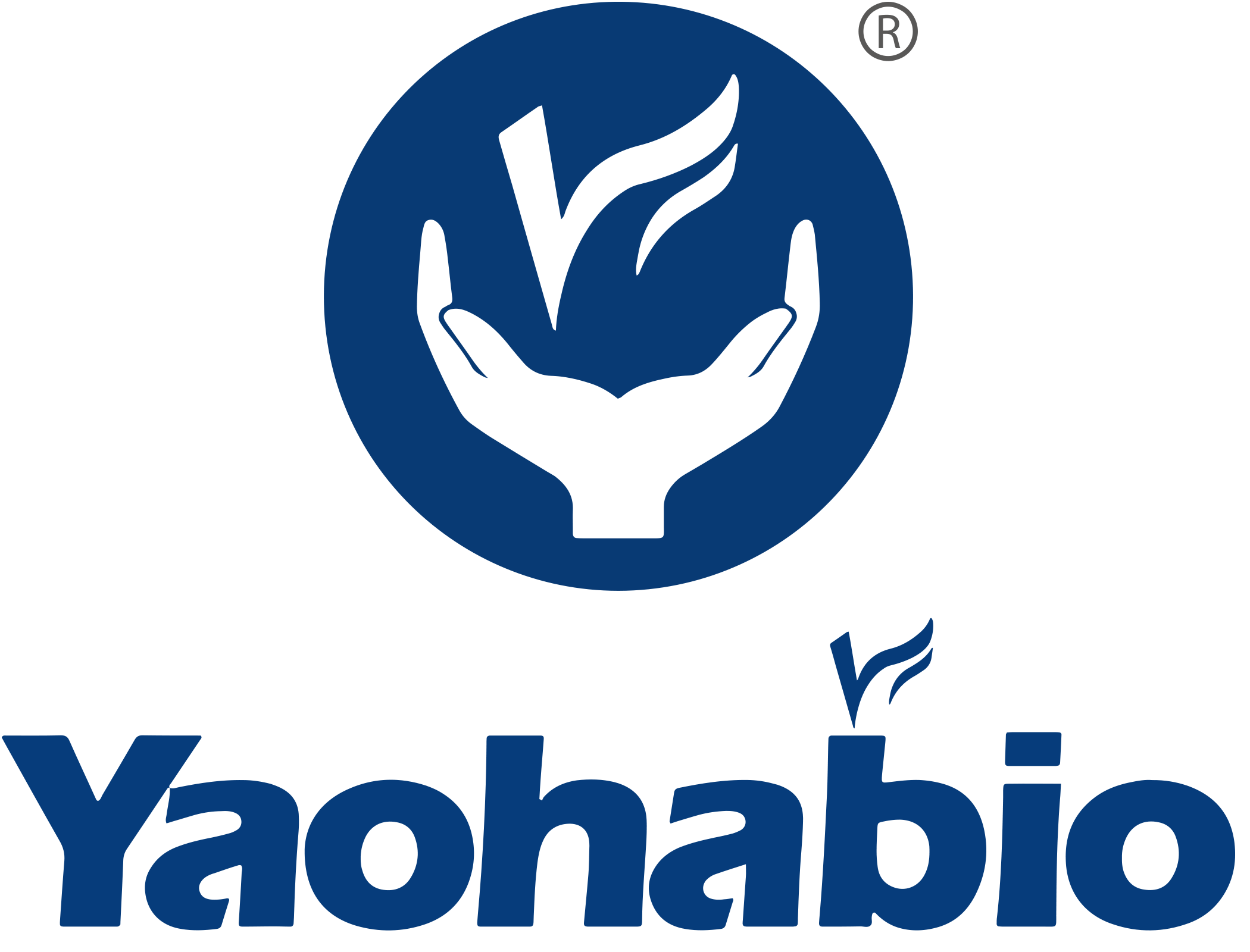Production d'Anticorps Monoclonaux dans E. coli : Progrès et Perspectives
Les anticorps monoclonaux (mAbs), qui sont des glycoprotéines solubles d'environ 150 kDa composées de chaînes lourdes et légères, sont largement utilisés dans le traitement des cancers et des maladies auto-immunes. Ces dernières années, les méthodes de production des mAbs et de leurs dérivés se sont diversifiées, avec Escherichia coli ( E. coli ) émergeant comme un hôte important pour la production de fragments d'anticorps.
Dans la production de mAbs, Yaohai Bio-Pharma se distingue par son expérience R&D riche. Avec une plateforme mature, des équipements avancés et une technologie d'expression écologique innovante, Yaohai offre des services clés en main, de la construction de banques cellulaires à l'étape de remplissage et de finition, en personnalisant entièrement les mAbs pour ses clients.
Méthodes de production des mAbs dans E. coli
E. coli offre une croissance rapide, des coûts réduits, une facilité de manipulation et une flexibilité dans l'expression au sein du cytoplasme, du périplasme ou du milieu de culture. Dans E. coli, la production d'anticorps est principalement classifiée en production périplasmique, cytoplasmique, semi-oxydée cytoplasmique et systèmes de synthèse protéique sans cellules (CFPS). La production périplasmique a permis d'obtenir de hauts rendements d'immunoglobuline G fonctionnelle à longueur totale (FL-IgG) grâce à un équilibre optimisé entre l'expression et la sécrétion. La production cytoplasmique rencontre des défis en raison de l'environnement réducteur, mais des FL-IgG fonctionnels ont été exprimés avec succès en ingénierie de souches pour créer un environnement oxydant. Le système CFPS a permis une production efficace d'anticorps en ajustant les régions d'initiation de la traduction et en ajoutant des protéines chaperonnes.
Caractérisation des anticorps et contrôle qualité
Le contrôle qualité des anticorps inclut des caractérisations biochimiques, biophysiques et biologiques. La caractérisation biochimique analyse la structure, la séquence et la glycosylation des anticorps, entre autres. La caractérisation biophysique évalue l'homogénéité, la solubilité et la stabilité. La caractérisation biologique valide la bioactivité des anticorps, y compris les fonctions ADCC et CDC, entre autres. Bien que les anticorps déglycosylés produits dans E. coli manquent de certaines fonctions effectorielles Fc, des études ont montré que leur stabilité est similaire à celle des anticorps glycosylés et qu'ils présentent une efficacité thérapeutique similaire sous les conditions testées.
Pour restaurer ou améliorer les effets immuns des anticorps déglycosylés, les domaines Fc peuvent être ingénierés. Par exemple, des mutants capables de se lier au récepteur FcɣRI peuvent être sélectionnés pour renforcer la fonction effectorielle ADCC. Ces anticorps ingénierés montrent des effets biologiques significatifs et un potentiel thérapeutique à la fois in vitro et in vivo.
Conclusion
En résumé, la production d'anticorps déglycosylés dans E. coli a réalisé des progrès importants dans le domaine de la production d'anticorps, en réduisant les coûts et en améliorant la qualité. Bien qu'ils manquent de certaines fonctions effectorielles Fc, grâce à une conception par ingénierie, ils présentent des fonctions effectrices améliorées et un potentiel thérapeutique. On s'attend à ce que davantage d'anticorps déglycosylés produits dans E. coli entrent dans les études cliniques à l'avenir.
Nous recherchons également activement des partenaires institutionnels ou individuels à l'échelle mondiale. Nous proposons la rémunération la plus compétitive de l'industrie. Si vous avez des questions, n'hésitez pas à nous contacter à [email protected]
Actualités à la Une
-
Yaohai Bio-Pharma a réussi l'audit EU QP et obtient la triple certification ISO
2024-05-08
-
BiotechGate, En ligne
2024-05-13
-
cONGRÈS MONDIAL DES VACCINS 2024 Washington
2024-04-01
-
CPHI North America 2024
2024-05-07
-
BIO International Convention 2024
2024-06-03
-
FCE COSMETIQUE
2024-06-04
-
CPHI Milan 2024
2024-10-08

 EN
EN
 AR
AR
 HR
HR
 CS
CS
 DA
DA
 NL
NL
 FI
FI
 FR
FR
 DE
DE
 EL
EL
 IT
IT
 JA
JA
 KO
KO
 NO
NO
 PL
PL
 PT
PT
 RO
RO
 RU
RU
 ES
ES
 SV
SV
 IW
IW
 ID
ID
 LV
LV
 LT
LT
 SR
SR
 SK
SK
 SL
SL
 UK
UK
 VI
VI
 ET
ET
 HU
HU
 TH
TH
 TR
TR
 FA
FA
 AF
AF
 MS
MS
 BE
BE
 MK
MK
 UR
UR
 BN
BN

